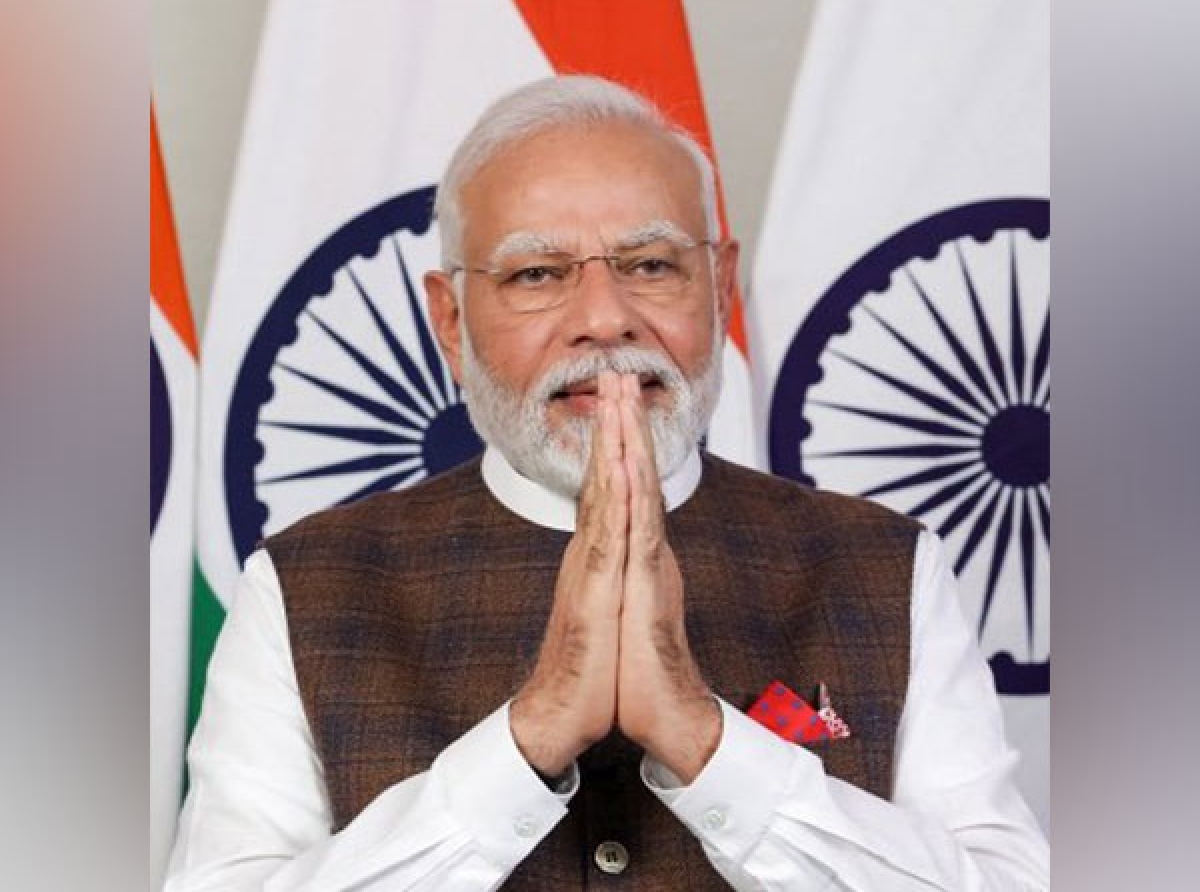30 January 2024, Mumbai
Garment Industry in Jeopardy
The Garment Industry Association (SIGA) has made a passionate plea to Prime Minister Narendra Modi, urging him to scrap a new tax rule that threatens the livelihood of thousands and throws a wrench into the already beleaguered garment sector.
Interesting data-points
The bone of contention? Section 438(h) of the Income Tax Act. This controversial rule penalizes late payments to micro and small enterprises (MSMEs) by treating them as taxable income for the recipient.
While seemingly innocuous, its application wreaks havoc in the garment industry, where a 90-day payment cycle is the norm. The rule, however, demands payments within a strict 15-45 day window for goods purchased before March 31, 2024.
Outlines
SIGA President Anurag Singhla paints a grim picture, highlighting the rule's potential to cripple an industry already grappling with fierce competition from corporate giants. He emphasizes the critical role MSMEs play in the garment sector, providing employment to countless individuals.
Naresh Lakhanpal, SIGA Vice President, echoes these concerns, underscoring how the rule exacerbates existing woes for the industry, including a recent spate of order cancellations from clients. The added financial burden imposed by Section 438(h) risks pushing these already vulnerable businesses over the edge.
Bringing it to the fore
BC Shivakumar, Managing Director of B.S. Channabasappa & Sons, joins the chorus of discontent, raising a crucial point: cash flow.
The rule, he argues, acts as a chokehold on cash flow, directly impacting production and potentially stalling operations altogether. Shivakumar proposes a practical solution: "a six-month grace period to allow businesses to adjust to the new policy and avoid a financial calamity.".
SIGA's appeal to PM Modi resonates with the urgency of the situation:
The garment industry, a significant contributor to the Indian economy and a vital source of employment, faces an existential threat from an ill-conceived tax rule.
A prompt intervention from the government is necessary to prevent widespread distress and safeguard the livelihood of thousands within this crucial sector.

























